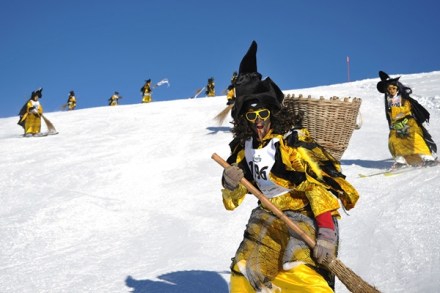Graham Greene, Penguin and an old spelling mistake – Spectator blogs
Mistakes will sometimes happen even in the best-run places. Pictured with this post, by way of proof, is a 1947 Penguin paperback of Graham Greene’s The Lawless Roads, with the author’s name misspelt on the spine. It’s still common to talk of ‘typographical errors’, or typos, but back in 1947 there really was such a thing: it meant a mistake made by compositors at the printer, rather than by editors or designers. Probably this was one; certainly that is what someone will have tried to tell Allen Lane. These days any mistakes are definitely our fault – in the case of the printed Spectator, indeed, they are usually my fault,
















